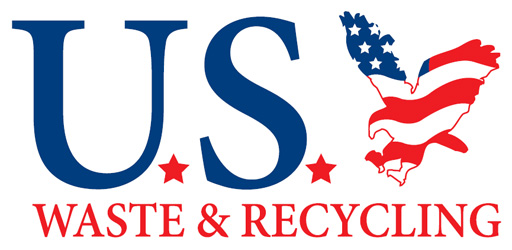Guidelines for Operating an Industrial Waste Management System
There are very specific guidelines that govern anyone involved with industrial waste production or waste disposal in Atlanta. Industrial processes typically produce solid waste, hazardous waste, and mixed waste. Here are the waste disposal methods that industrial manufacturers must adhere to in order to operate a lawful, efficient, and comprehensive waste management system.
Solid Waste Disposal
Solid waste is non-hazardous, non-household waste that is generated during industrial manufacturing processes. Industrial solid waste management requires that the waste be evaluated, either by laboratory testing or documenting its characteristic, to determine whether or not it is hazardous. Common forms of industrial solid waste include empty containers, building materials, paint residue, sludge, tires, food waste, animal remains, and glass and plastic that can’t be recycled. Your local waste management company can perform waste disposal for all non-hazardous materials and waste.
Hazardous Waste Disposal and Recycling
Hazardous waste is any waste that is harmful to human health or the environment. This waste may be in liquid, solid, gas, or sludge form, and may include discarded industrial products or by-products. Hazardous industrial waste must often be stabilized and/or solidified prior to waste disposal. Hazardous waste disposal methods may include incineration, destruction, recycling, and isolation in landfills. Hazardous waste recycling involves reusing or reclaiming hazardous industrial waste. Waste is reclaimed when it is processed to recover a reusable product, or if it is regenerated. Some hazardous waste, like lead-acid batteries or electronic circuit boars, can be recycled into new products
Mixed Waste Disposal
Mixed waste consists of both radioactive and hazardous materials or components. The Resource Conservation and Recovery Act and the Atomic Energy Act regulate mixed waste disposal, and the U.S. Nuclear Regulatory Commission and the U.S. Department of Energy regulate radioactive waste disposal. Most industrial mixed waste is categorized as low-level mixed waste. Mixed waste management and waste disposal is significantly more expensive than radioactive waste; however, a waste generator can reduce the volume of mixed waste that is produced by industrial processes.
